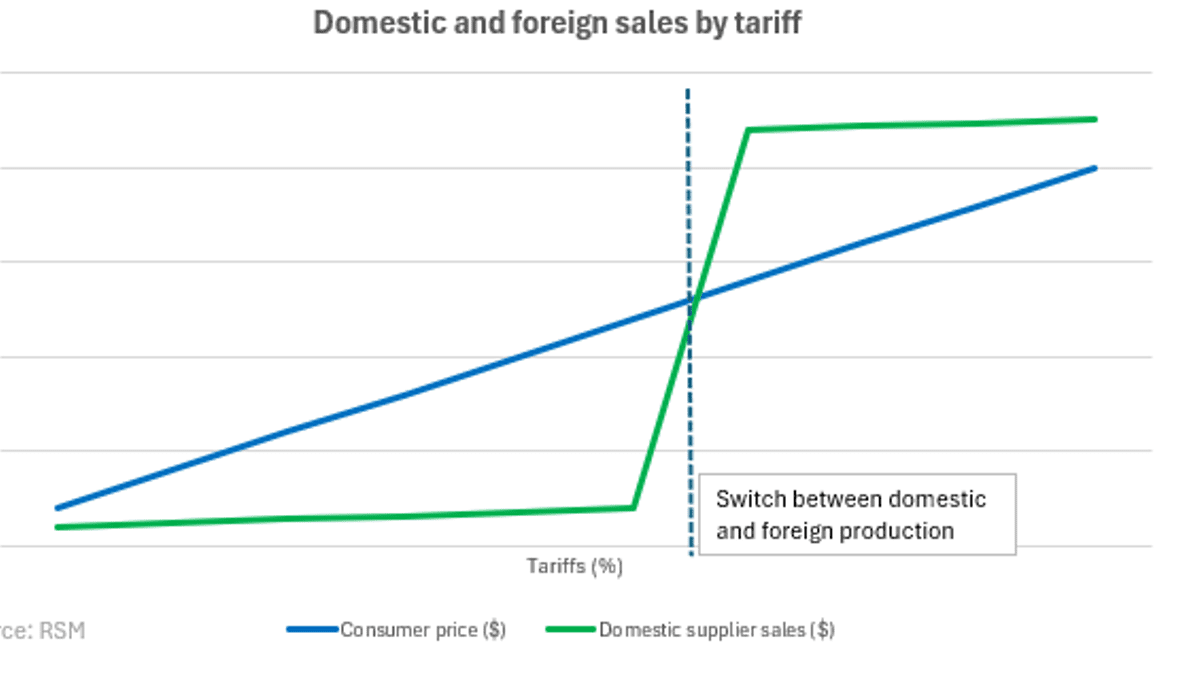
Massachusetts legislative officials have recently presented a comprehensive tax relief plan. The bill, set for ratification by the House and Senate within the week, proposes adjustments for families, seniors, low-income earners, renters, and businesses. Here’s a summary of some of the key provisions:
-Estate Tax: Estates valued up to $2 million will be exempt from taxes due to a new $99,600 uniform credit by the state.
-Capital Gains: The bill proposes reducing the tax rate for short-term capital gains from 12% to 8.5%.
-Child Tax Credit Boost: Set to rise from $180 to $310 for 2023 and a further jump to $440 in 2024 and subsequent years.
-Business Taxation: Massachusetts businesses subject to tax in multiple states will need to change their method of apportioning taxable income taxed in MA. Companies will now be required to switch from the current method, which uses three factors—property, payroll, and sales—to determine taxable income in MA to a single sales factor. The majority of states have already adopted this single sales factor, which can provide a more favorable taxing environment for in-state businesses than out-of-state businesses.
-Earned Income Tax Credit: The credit is proposed to increase from 30% to 40% of its federal equivalent, affecting families with incomes below $60,000.
-Senior Circuit Breaker Tax Credit: The annual Senior Circuit Breaker Tax Credit is set to double from $1,200 to $2,400 to assist seniors with high property taxes or rent payments. MA taxpayers 65 or older with income not exceeding $64,000 ($96,000 for married couples) are typically eligible for the credit.
-Rental Deductions: Renters in Massachusetts will be eligible for a deduction of up to $4,000 on housing costs (a $1,000 increase).
LGA will continue to monitor these developments. For further information or clarifications, please reach out to your LGA tax advisor.





